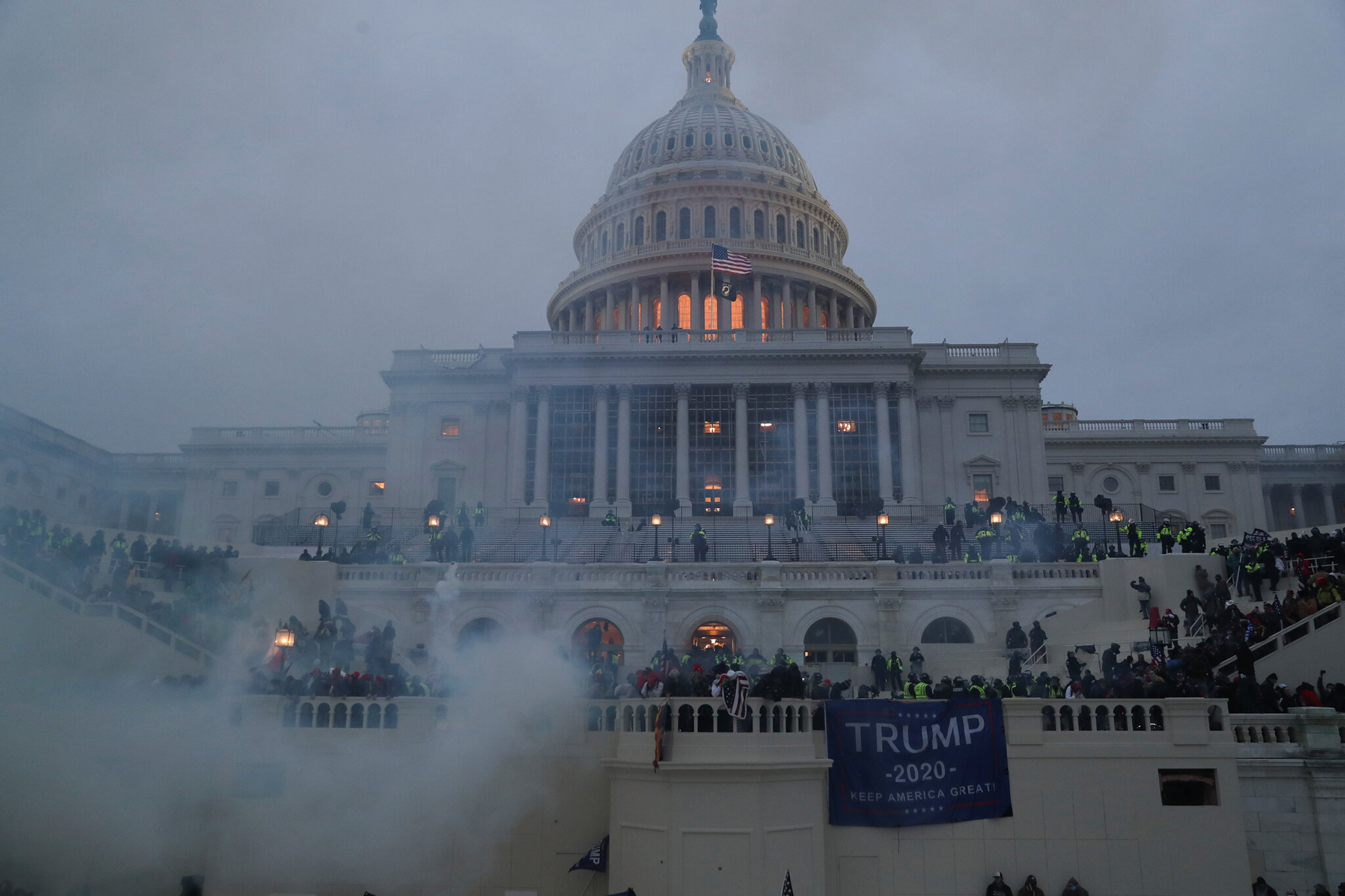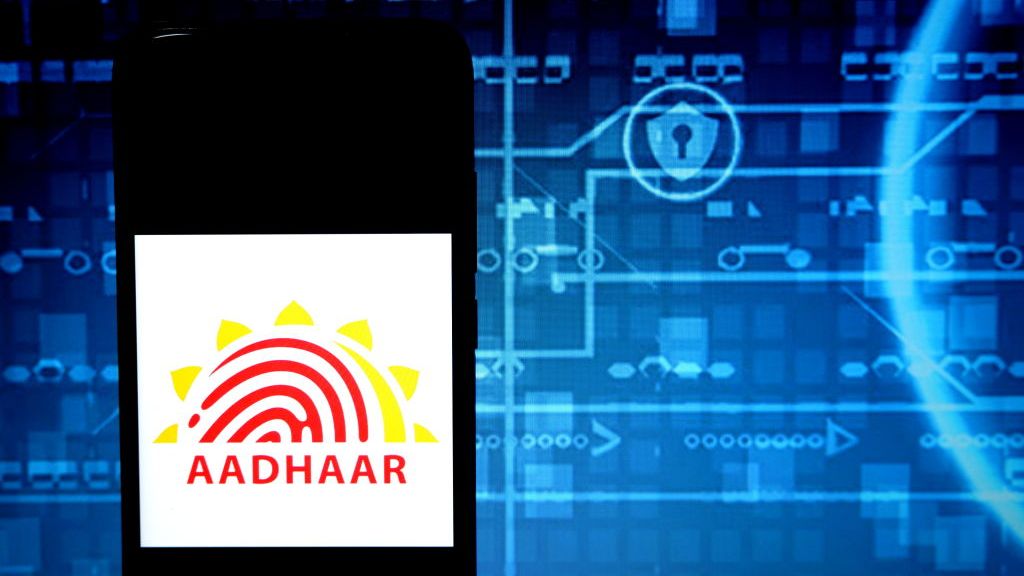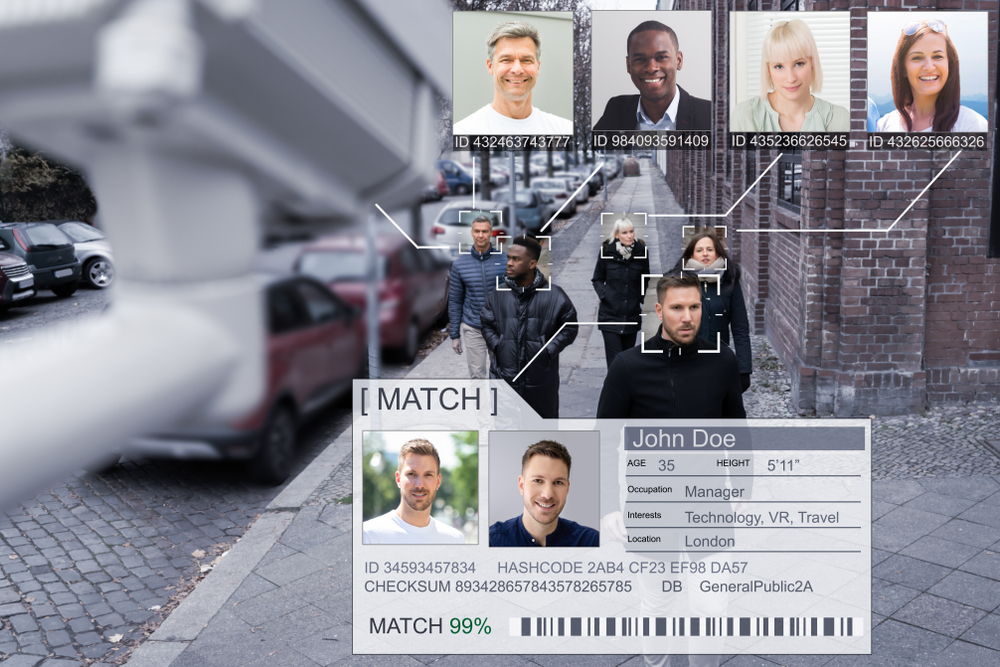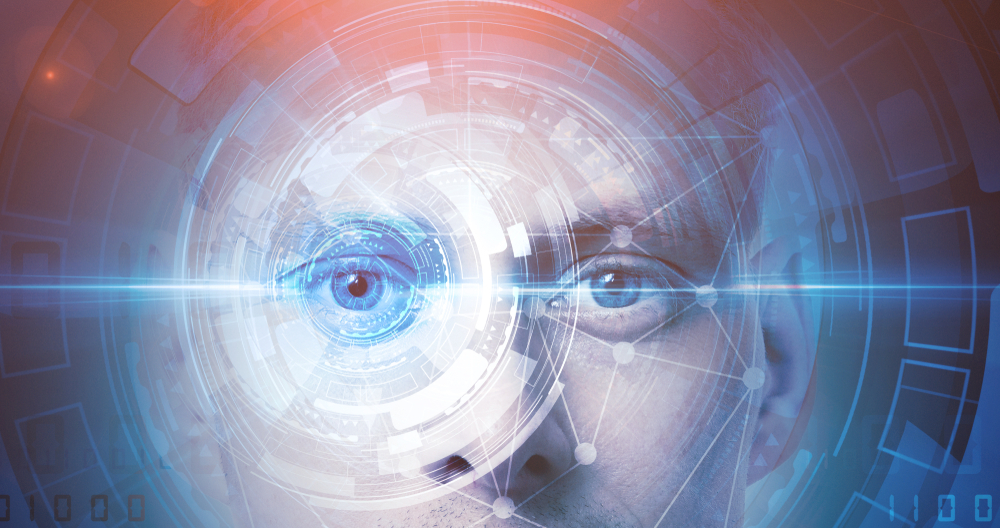Judge forces Capitol rioter to unlock laptop using facial recognition
Prosecutors argued that the Microsoft device could contain footage of the 6 January insurrection


A federal judge has forced a Capitol rioter to unlock his Microsoft Surface Pro laptop using facial recognition after prosecutors argued it may contain footage of the 6 January insurrection from his helmet-worn camera.
The Justice Department asked to put Capitol rioter Guy Reffitt in front of the device to unlock its biometric security, which judge Dabney Friedrich granted, according to CNN.
Prosecutors believed Reffitt's laptop could contain over 6GB of videos that the defendant filmed while on the grounds of the US Capitol.
Reffitt has been in jail since he was arrested in January. He pleaded not guilty to five federal crimes, including taking a handgun to the Capitol grounds during the insurrection. Previously, Refitt’s attorneys had said that the search warrant for the laptop had expired and that the defendant was unable to remember if there was a password.
The ruling notably diverges from decisions in similar cases involving law enforcement agencies seeking access to locked devices.
In 2019, a California judge ruled that US police departments are unable to force people to unlock their mobile phones using a face or finger, according to Forbes. Judges had ruled before that police were allowed to unlock devices using biometrics, even though they weren’t permitted to force a suspect to share their passcode.
RELATED RESOURCE

In what's considered an important part of that case, Judge Westmore said that the government did not have the right, even with a warrant, to force suspects to incriminate themselves by unlocking their devices biometrically.
Get the ITPro daily newsletter
Sign up today and you will receive a free copy of our Future Focus 2025 report - the leading guidance on AI, cybersecurity and other IT challenges as per 700+ senior executives
“If a person cannot be compelled to provide a passcode because it is a testimonial communication, a person cannot be compelled to provide one’s finger, thumb, iris, face, or other biometric feature to unlock that same device," said Westmore.
In 2017, a court in Chicago denied the FBI a warrant to force a building’s occupants to open their Apple devices using their fingerprints. If the request had been granted, it would have allowed federal agents to force people on the premises to unlock their Apple devices using their fingers or thumbs.
The judge argued in that case that the language used in reference to forcing fingerprint unlocking wasn’t specific enough.
Zach Marzouk is a former ITPro, CloudPro, and ChannelPro staff writer, covering topics like security, privacy, worker rights, and startups, primarily in the Asia Pacific and the US regions. Zach joined ITPro in 2017 where he was introduced to the world of B2B technology as a junior staff writer, before he returned to Argentina in 2018, working in communications and as a copywriter. In 2021, he made his way back to ITPro as a staff writer during the pandemic, before joining the world of freelance in 2022.
-
 SoftBank under pressure over links with 'blacklisted' Chinese facial recognition firm
SoftBank under pressure over links with 'blacklisted' Chinese facial recognition firmNews A subsidiary of the Japanese tech giant that conducts business with Mastercard and Visa relies on tech by the sanctioned SenseTime
By Rory Bathgate
-
 India backtracks on biometric ID system warning
India backtracks on biometric ID system warningNews Despite alerting citizens to problems with the system, it has now withdrawn the warning two days after its publication
By Zach Marzouk
-
 £100 contactless payment limit could place shoppers at risk, warn industry experts
£100 contactless payment limit could place shoppers at risk, warn industry expertsNews The tech industry reacts to the new threshold introduced by the FCA
By Sabina Weston
-
 7-Eleven biometric data collection found in breach of Australian privacy laws
7-Eleven biometric data collection found in breach of Australian privacy lawsNews The US convenience store chain has been ordered to scrap its facial scanning tool and delete any stored data
By Zach Marzouk
-
 UK's surveillance guidance shows tech is "impossible to regulate"
UK's surveillance guidance shows tech is "impossible to regulate"News Privacy group Liberty says the updated code of practice fails to account for the dangers created by this "dystopian surveillance tool"
By Sabina Weston
-
 AI should include 'undesirable side effect' warnings, claims PwC
AI should include 'undesirable side effect' warnings, claims PwCNews Maria Luciana Axente says data scientists should respond to an ethical code just like medical practitioners
By Sabina Weston
-
 Post Office embraces biometrics for new digital identity app
Post Office embraces biometrics for new digital identity appNews Customers can be identified for passport and driving licence renewals from the safety of their homes
By Sabina Weston
-
 Clearview AI investigated over 'social media data scraping'
Clearview AI investigated over 'social media data scraping'News The notorious facial recognition firm provides image data to law enforcement agencies
By Bobby Hellard

